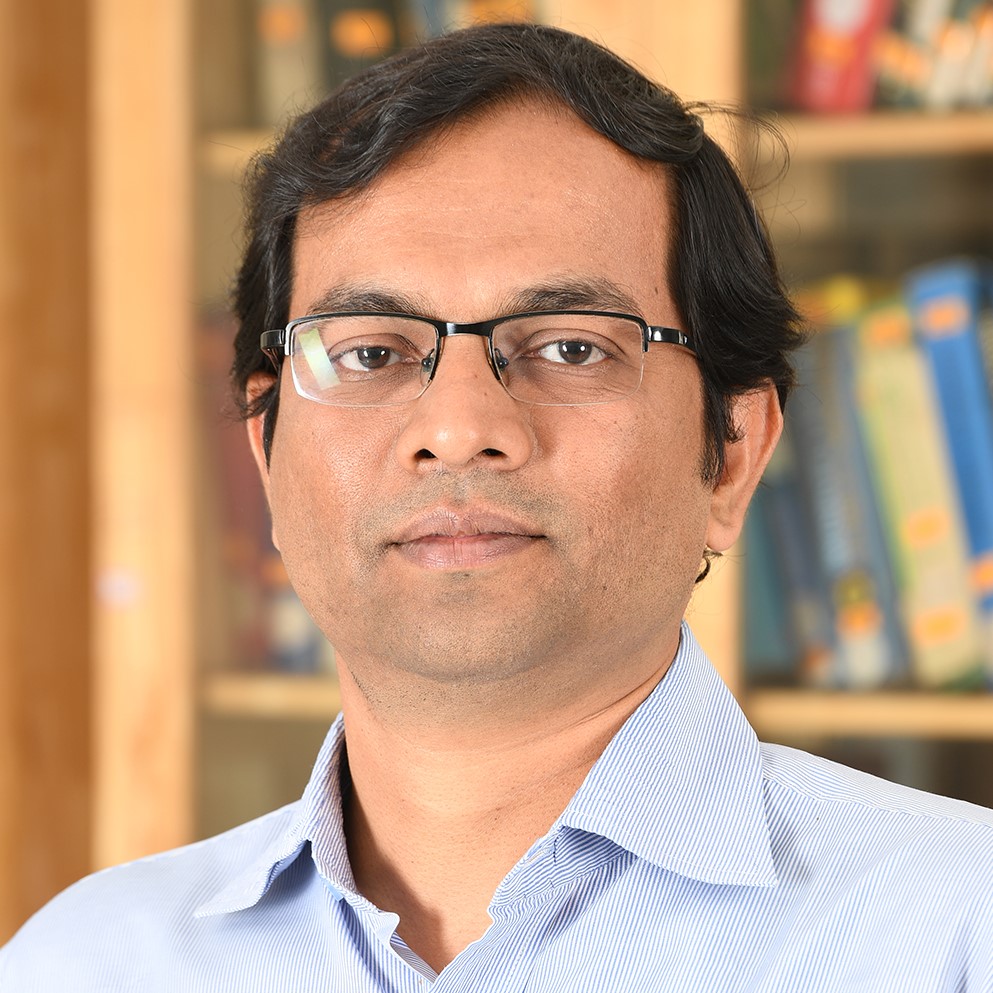 |
Faculty
Education- B Tech, Chemical Engineering, IIT Bombay (1998)- MS, Chemical Engineering, University of Illinois, Urbana-Champaign (2000) - PhD, Chemical Engineering, University of Illinois, Urbana-Champaign (2002) Courses- CH 242 Special Topics in Theoretical Biology- BE 202 Thermodynamics and Transport in Biological Systems ResearchOur research focuses on the development of mathematical and computational models of biological phenomena with the goal of improving our ability to combat infectious diseases. Our current focus is on HIV, hepatitis C, and tuberculosis. These infections affect hundreds of millions worldwide. Current treatments often fail and no vaccines exist. The goal of our research is to identify ways of improving the outcomes of current therapies and to devise strategies for the design of new, more potent therapies and vaccines.The remarkable evolvability of these pathogens makes the design of robust drugs and vaccines a challenge. Our recent efforts have been to develop quantitative descriptions of viral and bacterial evolution using mathematical models and sophisticated computer simulations in order to identify the nature of drugs and vaccines that might exhibit lasting activity. A second limitation of current therapies is their severe side effects. Using tools from pharmacokinetics and disease dynamics, we are developing dosing strategies that strike a balance between the medicinal and toxic effects of drugs, potentially enabling personalized medicine and minimizing costs and treatment duration. At a more fundamental level, our research is focused on understanding how pathogens evade our immune system. Our immune responses are orchestrated at multiple levels of hierarchy. Following pathogen recognition, a large series of signaling events suppresses pathogen replication within infected cells. Subsequently, other arms of our immune system are recruited to eliminate infected cells and cell-free pathogens. The immune response also evolves in response to pathogenic evolution. Yet, these pathogens, often using a handful of genes, overcome this remarkable immune machinery. We employ ideas from reaction network theory to understand these host-pathogen interactions and identify ways to tilt the balance in favor of the host. The resulting insights would lead to guidelines for vaccine design. Awards & Honors- Senior Fellowship, Wellcome Trust/DBT India Alliance, 2015-2020- Medal for Young Scientists, Indian National Science Academy, 2010 - Associate, Indian Academy of Sciences, 2008-2011 PublicationsPublications:1. Desikan, R., Antia, R., & Dixit, N. M. (2021). Physical `strength' the multi-protein chain connecting immune cells: Does the weakest link limit antibody affinity maturation? BioEssays https://doi.org/10.1002/bies.202000159. 2. Padmanabhan, P., Desikan, R., & Dixit N. M. (2020) Targeting TMPRSS2 and Cathepsin B/L together may be synergistic against SARS-CoV-2 infection. PLoS Computational Biology https://doi.org/10.1371/journal.pcbi.1008461 3. Garg, A. Desikan, R., & Dixit, N. M. (2019). Preferential Presentation of High-Affinity Immune Complexes in Germinal Centers Can Explain How Passive Immunization Improves the Humoral Response. Cell Reports https://doi.org/10.1016/j.celrep.2019.11.030 4. Baral, S., Antia, R., & Dixit, N. M. (2019). A dynamical motif comprising the interactions between antigens and CD8 T cells may underlie the outcomes of viral infections. PNAS https://doi.org/10.1073/pnas.1902178116 5.Raja, R., Pareek, A., Newar, K., & Dixit, N. M. (2019) Mutational pathway maps and founder effects define the within-host spectrum of hepatitis C virus mutants resistant to drugs. PLoS Pathogens https://doi.org/10.1371/journal.ppat.1007701 |
